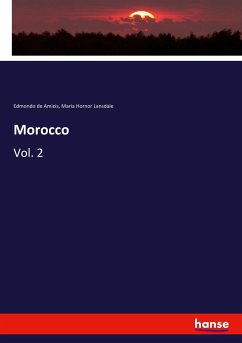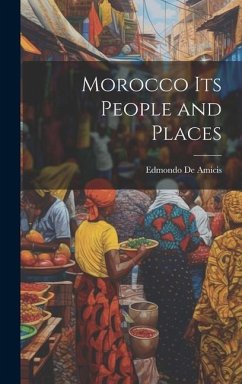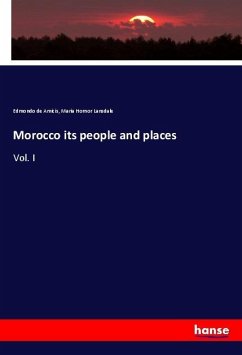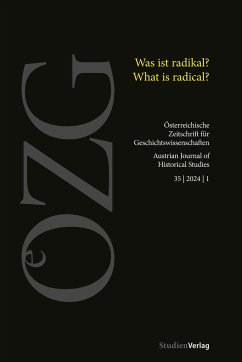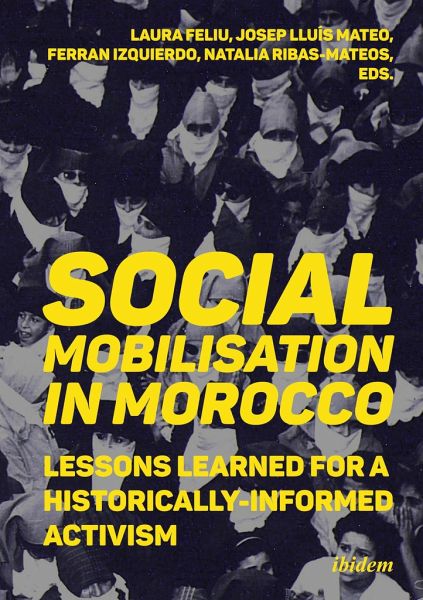
Social Mobilization in Morocco: Lessons Learned for a Historically Informed Activism
Versandkostenfrei!
Versandfertig in 6-10 Tagen
39,90 €
inkl. MwSt.

PAYBACK Punkte
0 °P sammeln!
This collected volume investigates the ways in which historical training supports current activism and advocacy in global times by highlighting models of social activism and political representation in different parts of the world, with diverse social actions, strategies, and protest spaces.Morocco is a fascinating society to examine protest movements in an authoritarian regime. For the first time ever, the contributors reply in detail to questions, challenges and findings regarding the implications of historically informed activism in Morocco. The cooperative perspective is the key to a bette...
This collected volume investigates the ways in which historical training supports current activism and advocacy in global times by highlighting models of social activism and political representation in different parts of the world, with diverse social actions, strategies, and protest spaces.Morocco is a fascinating society to examine protest movements in an authoritarian regime. For the first time ever, the contributors reply in detail to questions, challenges and findings regarding the implications of historically informed activism in Morocco. The cooperative perspective is the key to a better understanding as it reinvigorates a conversation between social scientists-sociologists, anthropologists, and political scientists-and historians about how to analyse social and political activism.The main findings relate to the great structural transformations that have shaped the current power regimes in a longue durée perspective. How are social movements born, how do they mature, and how do they die? Through the dynamics of social mobilisation, we discover the structure of the power regime, the responses (strategies), and its forms of survival (resources and capacities).How does history inform and empower current activism? The book covers 22 scenarios of popular revolts -urban, rural, and peripheral. Casablanca (1907, 1965, 2000), Fez (1907, 1990), the Eastern Rif (1909, 1921, 1958, 1984, 2004), Meknes (1937, 2011), Tangiers (1952, 2011, 2015), Salé, (1930, 2008), Taza (1915), and Imider (2011).



